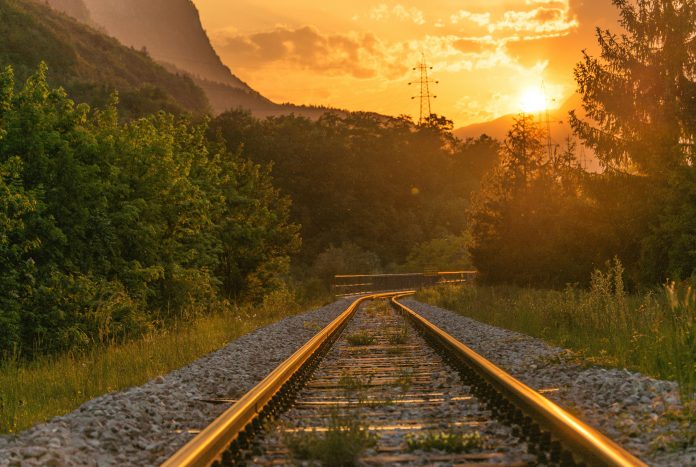Railroad companies frequently claim after a railway tragedy that the driver of the car tried to outrun the train or that their actions simply violated the law and disobeyed the displayed warnings. You could not possibly infer from what they said they had any responsibilities.
The truth lies in the fact that everyone, including drivers of automobiles, railway companies, and train crews, has a duty to behave in a particular manner when the roads we travel intersect with railway lines. Therefore, if someone is involved in a train accident, they should have a proper legal consultation from a lawyer before taking any steps.
What are the responsibilities of railroad companies in case of an accident?
Train accidents may occur for various reasons, but most often occur at crossings when vehicles try to surpass the train. These collisions often involve the driver, passengers, and some passersby.
Although each scenario is different, the following are the most common causes for railway accidents:
- Speedy trains
- Negligence
- Suicides
- Derailments
- Defective tracks
- Unprotected railroad crossings
- Mechanical failure
- Reckless pedestrians and drivers
- Human error
- Stalled cars on the track
- Drivers’ responsibilities
When approaching railway lines, automobiles are required to abide by all established traffic and warning signs. For instance, a motorist in Texas must stop no closer than 15 feet or farther than 50 feet from the closest rail when approaching a railroad-grade crossing if the following conditions are true:
- A train’s engine induces a signal audible from 1,500 feet away as it reaches the highway crossing, indicating a dire danger due to its rapid speed or closeness to the crossing or;
- The driver can clearly see an incoming train that is extremely close to the crossing.
- Train crew responsibilities
The following duties are given to the train crew as it approaches a road intersection:
- Obeying track speed limits
- Sounding the horn of the train as they approach
- Railroad company responsibilities
The laws require railway companies to maintain all crossings in a safe condition. Their major duties are correctly setting up and caring for the required warning devices and keeping their property clear of anything blocking a driver’s point of sight. Unfortunately, railway firms have gained notoriety for declining to pay for warning devices. The railway corporation often fails to stick to its rules for routinely eliminating trees and brush near junctions.
Installing a crossbuck is affordable, and there are practically no maintenance costs. On the other hand, a crossing gate with lights could cost over $100,000 to install, plus maintenance every year.



















